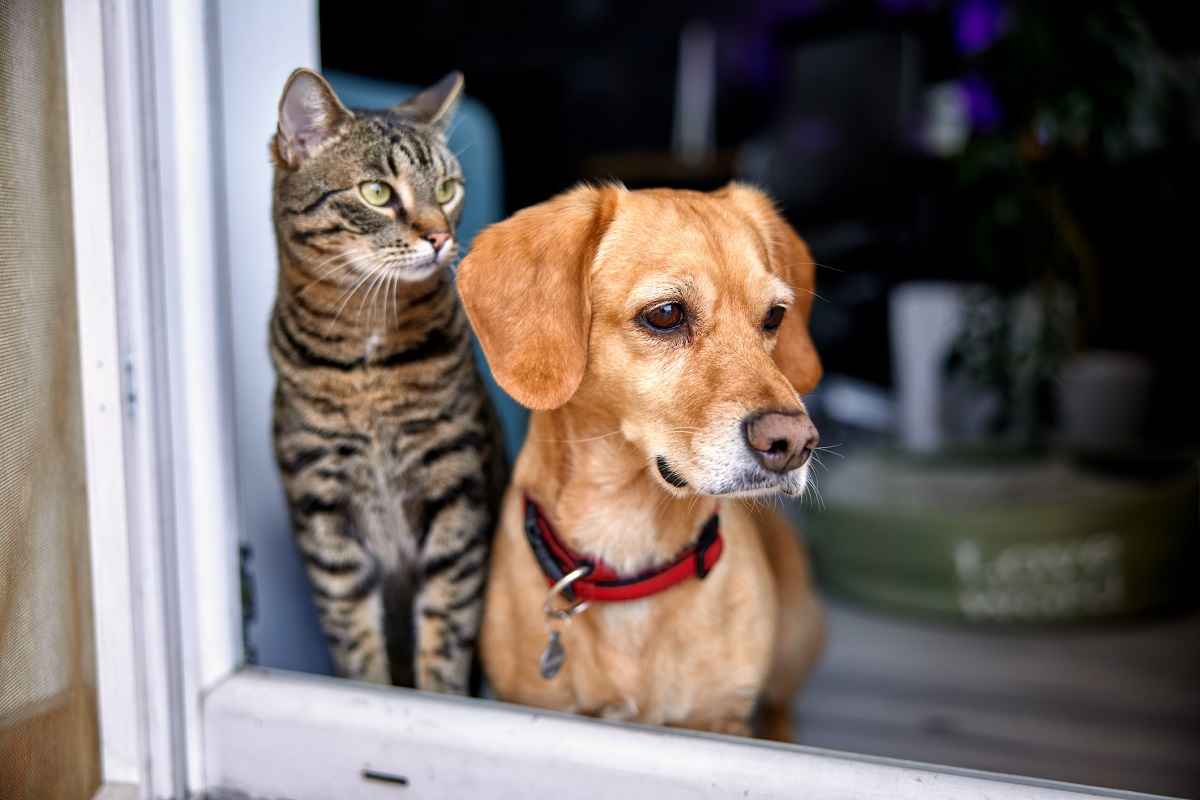The Australian Securities and Investments Commission (ASIC) has lifted its stop orders on 38 insurance providers.
The stop orders were issued last week to insurance providers such as the Petsure Australia brands, Woolworths, Medibank, AAMI, Petbarn, and Bupa, among others, due to the companies’ failure to adequately define the specific type of customers for whom their insurance products are suitable.
Monica Limanto, CEO and Co-Founder of Petsy, an Australian insurance provider which was not affected by the ban, said these stop orders are proving that the Australian pet insurance industry requires more transparency when it comes to products and how they affect consumers.
“Far too often, we take for granted the comprehensive healthcare we have access to in this wonderful country. We can walk into a hospital, receive immediate care, and not once be asked ‘who’s going to pay for this?’ The considerable funding directed towards human health in Australia isn’t a global norm, and unfortunately, it doesn’t extend to our pets – there’s no Medicare for pets or significant government subsidies.”
Limanto explained that pet insurance operates differently from human health insurance, and its important to Petsy to clear any misconception about his.
“One way we’ve done this is by changing the term ‘waiting periods’ to ‘exclusion periods’ for better clarity. We also perform a pre-existing condition assessment at our own expense to set clear expectations and ensure a smooth, transparent process for our customers.”
Tiaan Dreyer, CEO of Knose Pet Insurance, another provider not affected by the ban, expressed a similar sentiment.
“A huge misconception in the market is that pet insurance works just like human health insurance. That is simply not the case. In most cases, you have to pay the invoice first and make a claim for reimbursement. Knose and Petsy are among the very few companies that actually include a condition on signup, confirming the policyholder understand they will need to have the funds available to pay the invoice and then make a claim.”
ASIC was particularly troubled by the fact the providers did not consider whether customers can afford the insurance premiums and upfront payments for treatments before being reimbursed by the insurer after a claim is approved.
“In a country where pets are considered part of the family by many, it’s a realisation that the government doesn’t share this view in terms of financial support. Take, for instance, an X-ray or a CAT scan for humans, which won’t cost us any out-of-pocket due to taxpayer funding. These same procedures still cost veterinary practices around $300 each time, and without governmental support, these costs fall directly on pet owners or pet insurers,” said Limanto.
A spokesperson for PetSure explained that PetSure provides customers with various convenient ways to submit a claim, including the GapOnly solution which allows customers to claim on the spot, so they are not out-of-pocket while waiting for a claim to be reimbursed.
“GapOnly is available on all PetSure administered policies at participating vets and PetSure is the only pet insurance provider in the Australian market with this service available, which is now available at over 1,000 clinics Australia-wide.”
To stay up to date on the latest industry headlines, sign up to the Pet Industry News e-newsletter.

